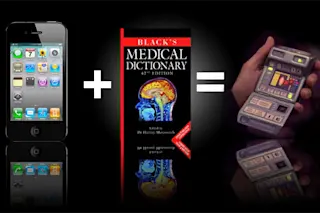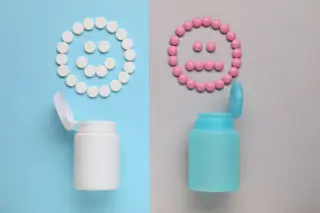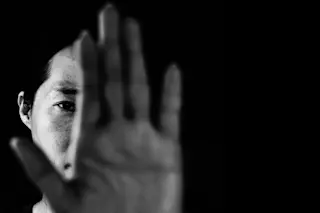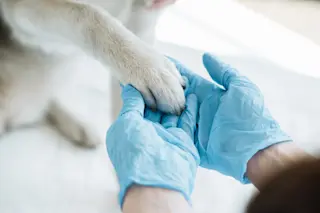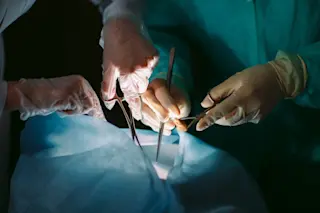Doctors are not doing so well. In addition to being extremely expensive to train, maintain, and, of course, to visit, they have a lot of other problems. If your doctor is a drunk, an addict, or just plain-old incompetent, his or her colleagues may not tell you or anyone else.[1] Even when doctors are sober and sharp, their diagnoses are often, ahem, less than correct. Mark Walker's "Uninsured, Heal Thyself" paints a pretty terrifying picture:
Physicians can and do misdiagnose frequently: they prescribe for nonexistent diseases or injuries and fail to notice symptoms or make the correct inferences. An article in the Journal of the American Medical Association noted: “Two 1998 studies validate the continued truth that there is an approximately 40% discordance between what clinical physicians diagnose as causes of death antemortem and what the postmortem diagnoses are” (Lunberg, 1998). This is a pretty shocking statistic: in 4 out ...


